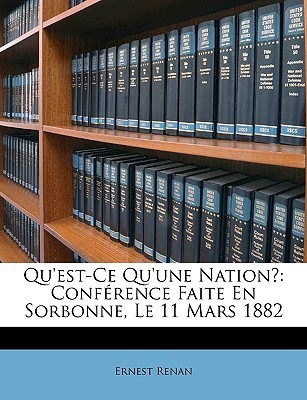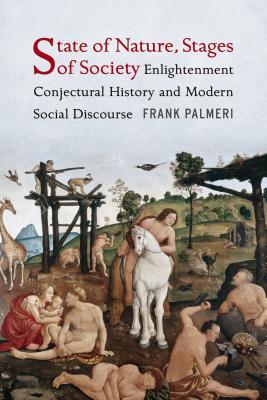
Part of Series
In the past few decades, the focus of political-philosophical reflection has been reoriented to penetrate that dimension of reality known as "the political." Many of the key figures in contemporary political theory—Jacques Rancière, Alain Badiou, Reinhart Koselleck, Giorgio Agamben, Ernesto Laclau, and Slavoj Žižek, among others—have dedicated themselves to explaining and elaborating on the concept of the political, but in many cases they take the political for granted, as if it were a given, an eternal essence. In An Archaeology of the Political, Elías José Palti argues that the realm of the political is not a natural, transhistorical entity. Instead, he claims that the horizon of the political arose in the context of a series of changes that affirmed the power of absolute monarchies in seventeenth-century Europe and was successively reconfigured from this period up to the present. Palti traces this series of redefinitions accompanying alterations in the regimes of power, creating a genealogy of the concept of the political. Perhaps most important, An Archaeology of the Political demonstrates that transposing ideas from one historical context into another invariably inflicts violence on the conceptual framework from which all political ideas take their meanings.


